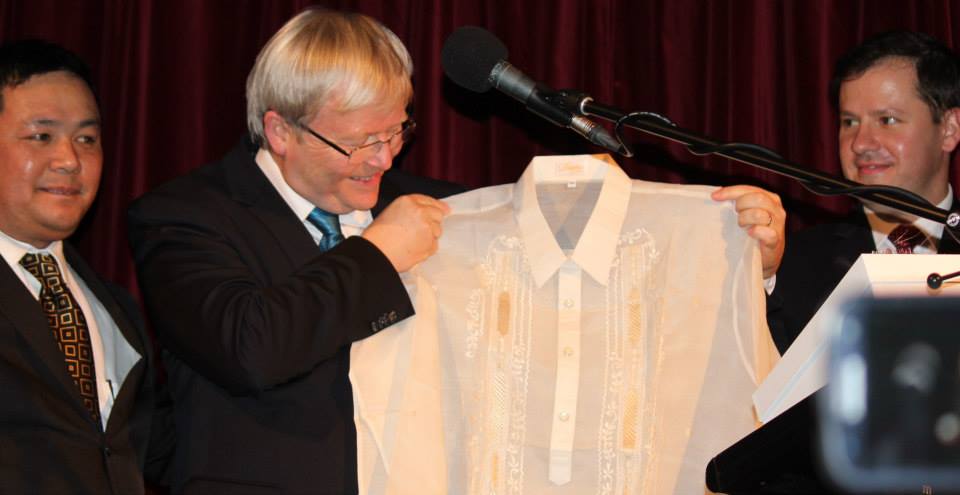By Batholomeo James, Bangkok resident –

Well, that is so true in some aspects.
From my bachelor’s degree until my doctorate, I studied in the Philippines. The majority of my classmates are Americans, and they frequently express dissatisfaction with the educational system. Some even drop out of the program and return to the American system. “The educational system over here in the Philippines is darn difficult, and we can’t cope with it,” they say.
Well, being an international student from Africa, I understand them as well.
We study every minute to pass in the Philippine system; we are required to take a quiz every day and complete multiple homework. We must complete all assignments, quizzes, and tests, and our cumulative score must meet the passing rate of 75% by the conclusion of the semester. The passing rate varies by course; some courses have a passing rate of 80 percent or 90 percent. This means that to receive that passing grade, we must attend practically all of the lectures, complete all of the required assignments, write all of the quizzes, and pass the preliminary, midterm, and final tests in that semester before moving on to the next. In the United States, passing scores are about 60% to 65 percent.
Working and studying simultaneously is impossible in the Philippines, where most classes begin at 8 a.m. and end at 5 p.m. daily. Students are overburdened with tasks due the next day, making it impossible for them to do anything but study.
I studied medical laboratory science, or medical technology as we call it, in the Philippines. It is one of the most challenging programs to complete. For example, we learn every day in all of our professional topics, including weekends, including coursework, lab work, practical work, community internship, hospital internship, lab examinations, community exams, and class exams.
We will have a pretest evaluation before beginning each lecture, followed by a posttest, implying that we should have researched each topic prior to the professor’s discussion. We must also pay attention during the class discussion for you to pass the immediate posttest exam.
Nursing, physical therapy, medical technology, medicine, and pharmacy, as well as other accounting, legal, and engineering schools, are not for the faint of heart. If you don’t put in extra effort to get through those programs, you’ll be asked to leave or remain longer than planned to finish the course.
Meanwhile, unlike Western countries, the Philippines and other developing countries struggle with weak research standards.
Finally, compared to other places of the world I’ve studied, Philippine educational standards are excellent. The system places a great deal of pressure on students, forcing them to step outside of their comfort zones and work tirelessly to succeed.
I am ecstatic to be a product of the Philippine educational system.








Leave a Reply